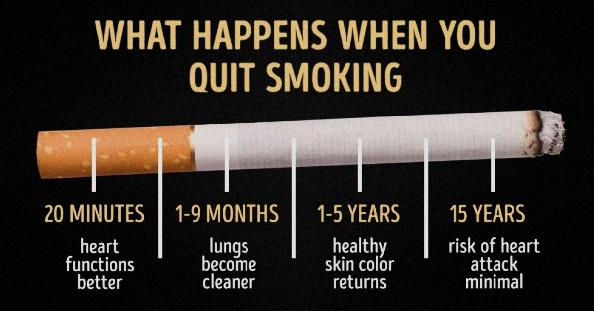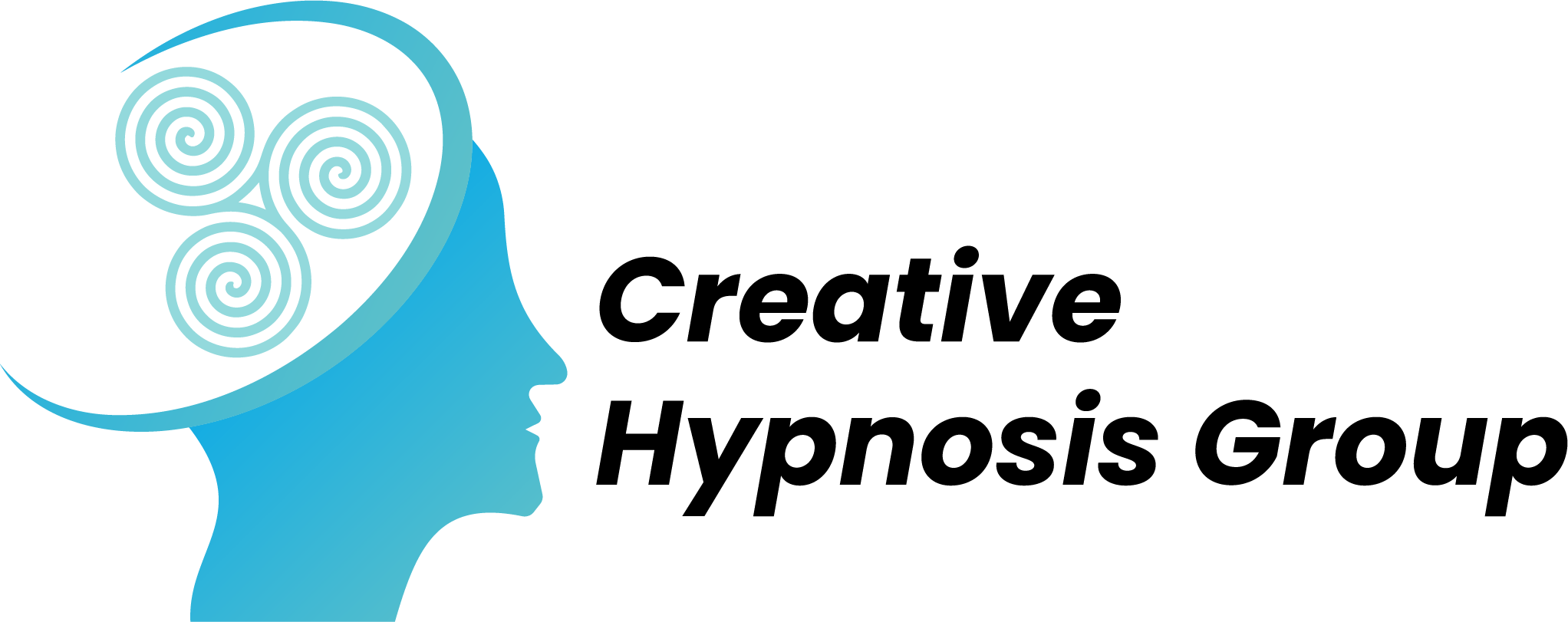Smoking Cessation
Smoking Cessation

Cigarette smoking is responsible for more than 480,000 deaths per year in the United States, including more than 41,000 deaths resulting from secondhand smoke exposure. This is about one in five deaths annually, or 1,300 deaths every day. On average, smokers die 10 years earlier than nonsmokers.
69% of Smokers Want to Quit Completely 55.4% Tried to Quit in the Past Year
There are so many ways to quit smoking, and in their quest to stop, many smokers try everything from quitting cold turkey to one-on-one counseling to nicotine patches and gums — or combinations of all of the above. If these stop smoking methods haven't worked for you, or you just want to take a more holistic approach, you should try hypnotherapy.
The standard approach to smoking cessation hypnotherapy suggests that smokers associate cigarettes with unpleasant tastes, odors, or sensations — for instance, that cigarette smoke smells like bus fumes, that the smoke has a nasty taste, or that it will cause you to suffer from dry mouth. Suggestions may also include encouraging smokers to believe that they have lost the desire to smoke and can easily cope with their nicotine withdrawal symptoms.

Reasons to Quit Smoking
- Look and feel healthier
- A new sense of self pride
- More control over your life
- Become a role model
- Have more energy
- Regain your senses of taste and smell
- Have whiter teeth and fresher breath
- Cough less and breathe easier
- Have more money to spend
- No longer expose others to second-hand smoke

University of Washington School of Medicine, Depts. of Anesthesiology and Rehabilitation Medicine, Int J Clin Exp Hypn. 2001 Jul;49(3):257-66. Barber J.
90.6% Success Rate for Smoking Cessation Using Hypnosis
Of 43 consecutive patients undergoing this treatment protocol, 39 reported remaining abstinent from tobacco use at follow-up (6 months to 3 years post-treatment). This represents a 90.6% success rate using hypnosis.
PMID: 7862796 [PubMed - indexed for MEDLINE]
87% Reported Abstinence From Tobacco Use With Hypnosis
A field study of 93 male and 93 female CMHC outpatients examined the facilitation of smoking cessation by using hypnosis. At 3-month follow-up, 86% of the men and 87% of the women reported continued abstinence from the use of tobacco using hypnosis.
Performance by gender in a stop-smoking program combining hypnosis and aversion. Johnson DL, Karkut RT. Adkar Associates, Inc., Bloomington, Indiana. Psychol Rep. 1994 Oct;75(2):851-7.
Texas A&M University, System Health Science Center, College of Medicine, College Station, TX USA. Int J Clin Exp Hypn. 2004 Jan;52(1):73-81. Clinical hypnosis for smoking cessation: preliminary results of a three-session intervention. Elkins GR, Rajab MH.
81% Reported They Had Stopped Smoking After Hypnosis
Thirty smokers enrolled in an HMO were referred by their primary physician for treatment. Twenty-one patients returned after an initial consultation and received hypnosis for smoking cessation. At the end of treatment, 81% of those patients reported that they had stopped smoking, and 48% reported abstinence at 12 months post-treatment.
Guided health imagery for smoking cessation and long-term abstinence. Wynd, CA. Journal of Nursing Scholarship, 2005; 37:3, pages 245-250.
Hypnosis Patients Twice As Likely To Remain Smoke-Free After Two Years
Study of 71 smokers showed that after a two-year follow up, patients that quit with hypnosis were twice as likely to remain smoke-free than those who quit on their own.
Ohio State University, College of Nursing, Columbus, OH 43210, USA Descriptive outcomes of the American Lung Association of Ohio hypnotherapy smoking cessation program. Ahijevych K, Yerardi R, Nedilsky N.
Hypnosis More Effective Than Drug Interventions For Smoking Cessation
Group hypnosis sessions, evaluated at a less effective success rate (22% success) than individualized hypnosis sessions. However, group hypnosis sessions were still demonstrated here as being more effective than drug interventions.
University of Iowa, Journal of Applied Psychology, How One in Five Give Up Smoking. October 1992.
Hypnosis Most Effective Says Largest Study Ever: 3 Times as Effective as Patch and 15 Times as Effective as Willpower.
Hypnosis is the most effective way of giving up smoking, according to the largest ever scientific comparison of ways of breaking the habit. A meta-analysis, statistically combining results of more than 600 studies of 72,000 people from America and Europe to compare various methods of quitting. On average, hypnosis was over three times as effective as nicotine replacement methods and 15 times as effective as trying to quit alone.

